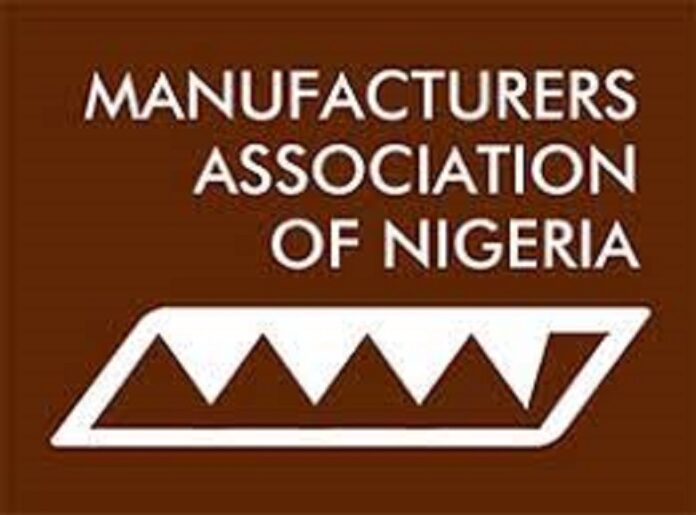Lagos, Sept. 8, 2023: Manufacturers have lauded the corrective economic reforms (exchange rate convergence and the removal of fuel subsidy) by the Federal Government.
But the manufacturers noted that the reforms came at a huge cost to the real sector.
Dr Muda Yusuf, founder, Centre for the Promotion of Private Enterprises (CPPE), said while these reforms were inevitably critical to fixing damaging distortions in the economy, the immediate outcomes were somewhat devastating.
Yusuf noted that intense inflationary pressures, spiking operating costs for manufacturers and severe negative impact on citizens welfare greeted the implementation of the policies.
According to him, they impacted sales and unsold inventories, eroded profit margins, negatively affecting the balance sheets of many cooperations.
These, he said, therefore underscored the imperative of an expeditious response from the administration to address the unintended adverse outcomes of the reforms for investors and the citizens.
He noted that while the commitment of the administration to fiscal and tax reforms was laudable, there seemed to be a disproportionate focus on revenue generation.
“This could hurt industrialists and impede economic growth.
“While it is imperative to ensure fiscal consolidation, it is important to deploy fiscal, tariff and tax policies to provide reliefs to manufacturers because of their elevated vulnerabilities.
“We need to see more fiscal and tax incentives to drive recovery of growth sectors of the economy and mitigate the pains of the current reforms.
“The government now has the fiscal space to support the businesses and the vulnerable segments of the society with this policy driven incentives,” he said.
Yusuf added that the state also had a huge role to play in facilitating the recovery and growth of the manufacturing sector.
He said that issues of multiple taxation, nuisance by non state actors, access to and cost of land were within the remit of the states.
“The intervention of the subnational governments in these areas is vital,” he said.
Mr Segun Ajayi-Kadir, Director-General, Manufacturers Association of Nigeria (MAN), urged government to ensure harmonisation of fiscal and monetary policies to drive stable macroeconomic environment.
This, he said, was critical to promote productivity in the manufacturing sector and improve the ease of doing business.
Ajayi-Kadir noted that the abrupt removal of fuel subsidy without appropriate palliatives was already affecting the confidence of some Nigerians in the new administration.
He said that while the introduction of the Forex Price Verification System Portal was laudable to improve transparency, foreign exchange intervention would not be effective without boosting liquidity levels in the official foreign exchange window.
The DG said more needed to be done to increase liquidity by intensifying efforts to encourage the inflow of foreign investments, promote export in productive industries and encourage local sourcing and local patronage.
“In the medium term, it is essential to tackle problems relating to low productivity and limited export diversification, excessive import-dependent production structure and dilapidated capital goods industry.
“This will require bridging the huge infrastructure gap, especially as it relates to customs, transport and power which are of utmost concern to the manufacturers.
“It would also require boosting public-private investment in renewable energy, backward integration and local sourcing of raw materials to create a highly competitive and self-sufficient manufacturing industry.
“Government must also provide appropriate palliatives to mitigate the adverse impact of fuel subsidy removal on the welfare of households and businesses,” he said.




